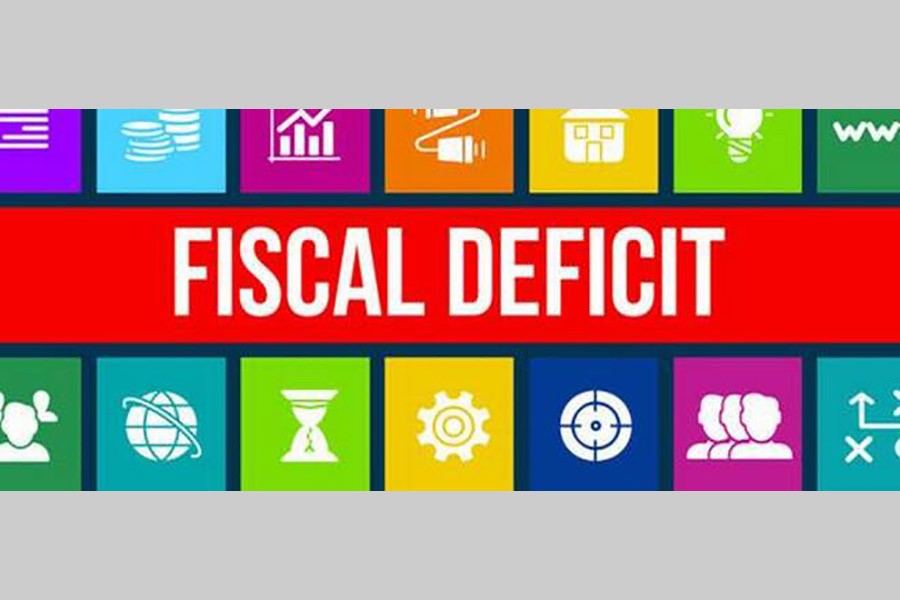Fiscal deficits aren't necessarily a bad thing provided there is a rein on them. Having done reasonably well so far Bangladesh's deficit has gone up to 19 per cent with imports outstripping exports and more crucially, these imports smelling suspiciously of money laundering. Overall, capital machinery imports slowed - not unusual for an election year whereas non-essential lifestyle products continue to pour in. This in spite of a surge in exports as the first teething effects of the global tariff war sets in. On the cards is a massive Tk 30 billion (3000 crore) plus subsidy that will be required for import of liquified natural gas (LNG) as demand outstrips supply. Banks are waiting for their own capital injection far in excess of what is budgeted. This too will fuel the budget deficit.
It was to control unbridled spending and an abject overlooking of taxation that the European Union (EU) fixed 3.0 per cent of gross domestic product (GDP) as being the maximum permitted deficit for EU zone members. Many already have numbers that are higher and one of them, Italy, is planning a spending-spree budget that, while is in line with percentage of GDP, is causing concern. As always the question is: where the money will come from, especially in a country that hasn't grown in nearly two decades. Consumer behaviour isn't the same everywhere and while Americans with more money in their pockets due to tax-cuts are spending, the frugal Germans remain conservatives. The laid-back lifestyle of Italians and Greece underpins a penchant for spending and less in savings.
In such a situation Italy seeks to address poverty by handing out minimum wages or benefits without suggesting the funding options. These were electoral promises - and one more example of how populism rather than well-thought policies is defining politics. The underlying current of nationalism is also a reminder how unpopular the bureaucracy of the EU echoes in the backstreets of Naples or Turin. The benefits of cooperation are suddenly wearing thin in the face of hard reality of putting meals on the table.
This presents a formidable challenge even as the Brexit negotiations stumble along and could be one that debt-ridden hands-and-feet-bound Greece will watch with interest. Emerging from all of this is the reform that Britain sought for prior to their referendum and that which has become suppressed under the sheer weight of red tape carefully entangled over the years. More and more the microscope poises over a bureaucracy that is allowed to scan budgets that should be national rather than regional priority.


